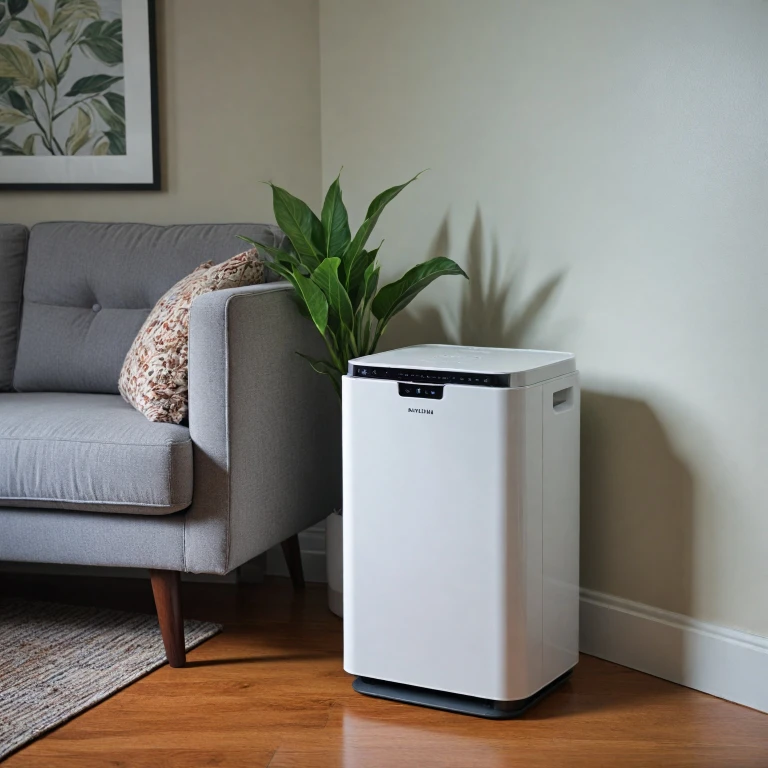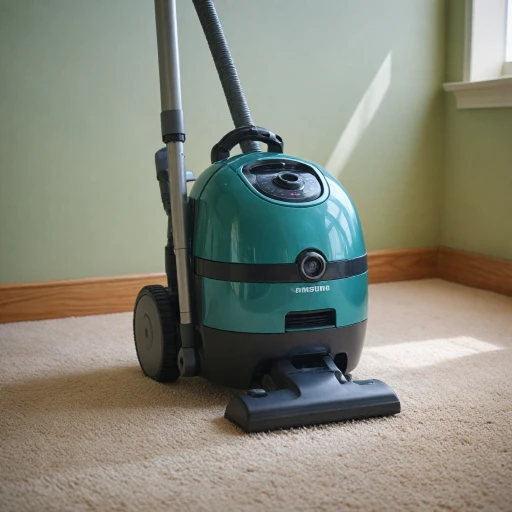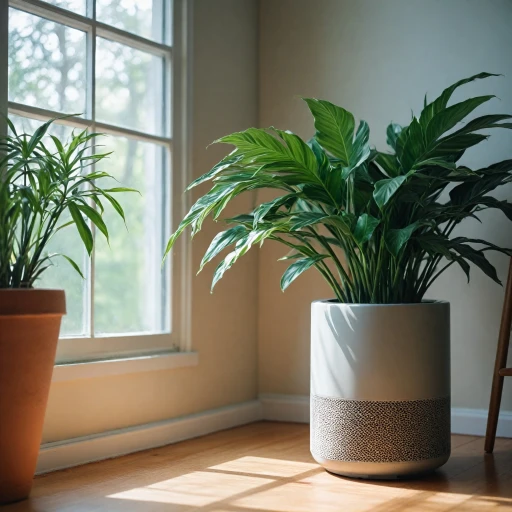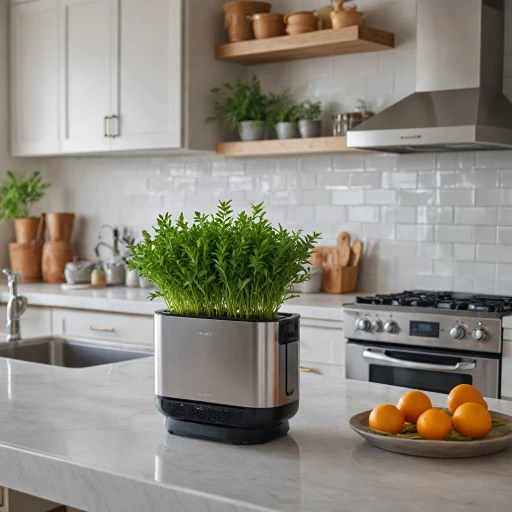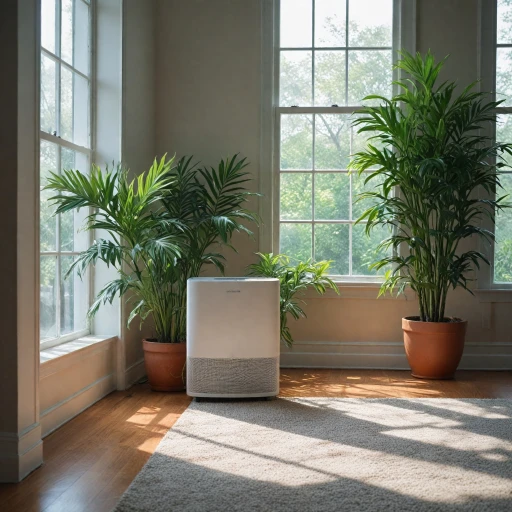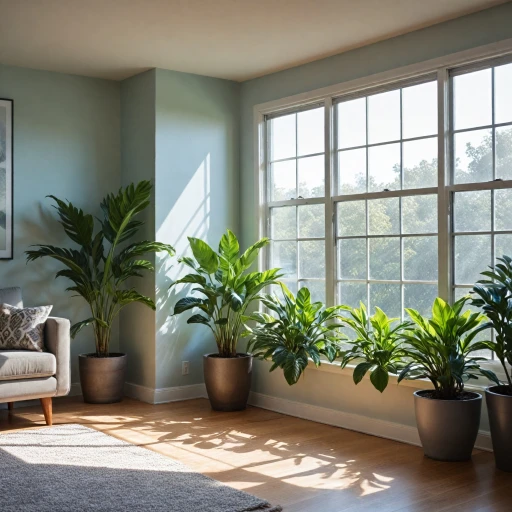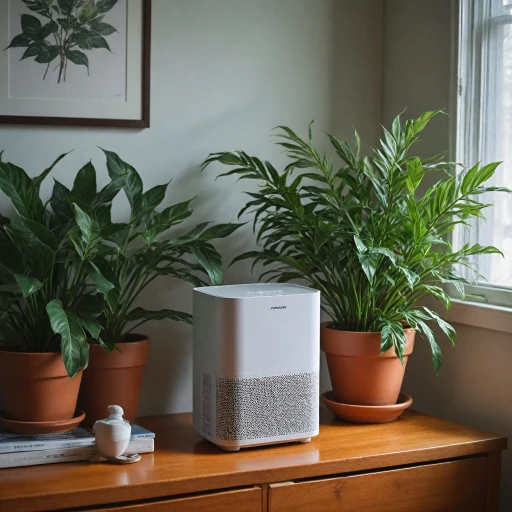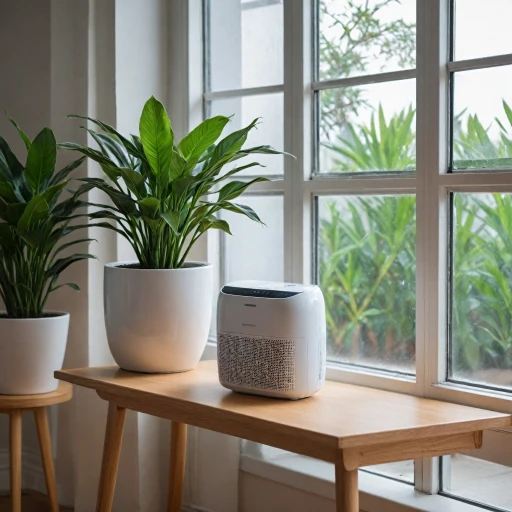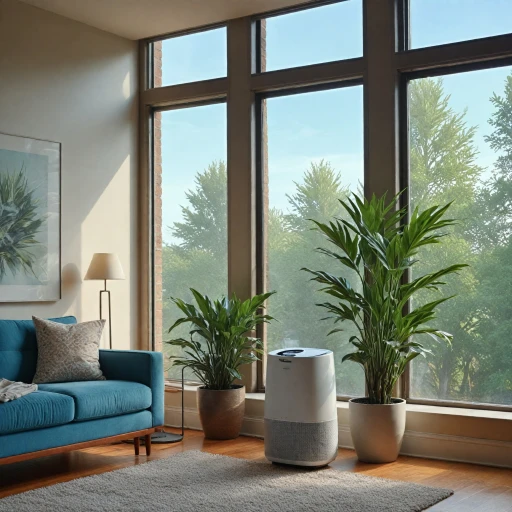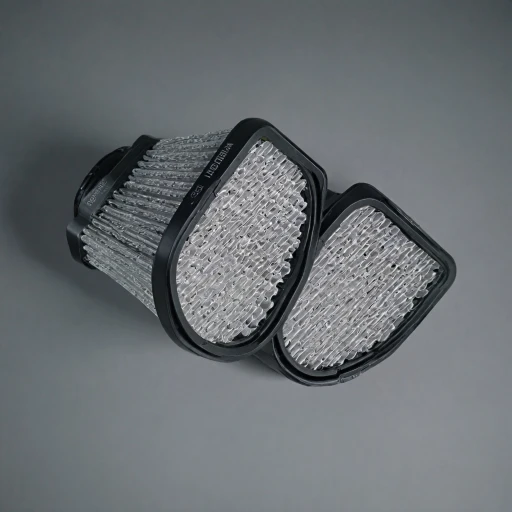
What Are Air Scrubbers?
Examining What Air Scrubbers Bring to the Table
Air scrubbers are advanced devices integral to maintaining indoor air quality, particularly in commercial settings. These systems play a pivotal role in eliminating a wide range of pollutants and are often utilized in various environments, from homes requiring mold remediation to large commercial spaces. Air scrubbers operate by removing contaminants like dust, mold spores, and other harmful particles from the air. Unlike traditional air purifiers, these systems are typically integrated within existing HVAC systems, offering a more comprehensive air cleaning solution. Employing a combination of technologies, air scrubbers can significantly enhance air purity. Some models incorporate HEPA filters, which are highly efficient at capturing particles, in conjunction with activated carbon filters to address odors and volatile organic compounds. These systems are designed to meet rigorous demands, providing cleaner, healthier environments for both residential and commercial spaces. Because of their capability to manage air quality on a larger scale, air scrubbers are favored in industries where air cleanliness is critical, such as healthcare and construction. However, these systems require regular maintenance to ensure optimal performance, highlighting the importance of a well-maintained filtration system in safeguarding indoor air quality. For those considering the merits of air scrubbers versus air purifiers, understanding these foundational differences is key. Understanding the Differences: Air Scrubbers vs. Air Purifiers provides further insights into choosing the right air cleaning solution for specific needs.Understanding Air Purifiers
Exploring the Function and Importance of Air Purifiers
Air purifiers have become essential in maintaining clean air, especially in places where achieving optimal indoor air quality is a constant challenge. These devices are specifically designed to capture and remove a variety of airborne pollutants commonly found indoors. Air purifiers primarily work by drawing air through filters, which can include high-efficiency particulate air (HEPA) filters, activated carbon filters, or a combination of both. HEPA filters are effective at trapping fine particles such as dust, pollen, and mold spores, while activated carbon filters excel at adsorbing gases and odors for a fresher indoor environment. In residential and commercial settings, air purifiers are often integrated into HVAC systems, providing a comprehensive solution for air filtration. For example, HEPA filters within these systems offer enhanced air cleaning capabilities, ensuring that even the smallest particles are captured. For a deeper understanding of HEPA filters in HVAC systems, you can read more about it here. Unlike air scrubbers, which are generally used to handle severe pollution issues and mold remediation, air purifiers are utilized in everyday conditions to maintain and improve overall air quality. They require regular maintenance, such as cleaning or replacing air filters, to ensure efficient operation over time. When choosing an air purifier, it is crucial to consider the specific pollutants you wish to target and whether the device will be used in a residential or commercial setting. Portable air purifiers are ideal for smaller spaces and individual rooms, while larger systems might be better suited for comprehensive coverage in commercial facilities. In the end, selecting the right purification system will ensure the health and well-being of all occupants by providing cleaner, breathable air.Key Differences Between Air Scrubbers and Air Purifiers
Tailoring to Specific Air Cleaning Needs
The choice between air scrubbers and air purifiers primarily hinges on the specific air cleaning requirements of a space. While both are designed to enhance air quality, understanding their distinctive operations is crucial. Air scrubbers are typically integrated into HVAC systems and are engineered to filter out a wide array of airborne particles, such as dust, mold spores, and other pollutants. They often utilize a combination of HEPA and activated carbon filtration to effectively manage indoor air pollution. These systems are especially beneficial in commercial spaces or during mold remediation, where high efficiency and continuous operation are critical for ensuring clean air. Conversely, air purifiers are more commonly portable devices, designed to clean smaller areas. They predominantly rely on air filters, including HEPA filters and, in some models, carbon filters, to capture airborne particles. An air purifier is especially advantageous for residential use, perfect for spaces where maintaining a high quality of indoor air is essential for health and comfort. Given their targeted applications, maintenance requirements also differ. Air scrubbers generally need more intensive maintenance due to their integration into larger HVAC systems and their use in high-pollutant environments. On the other hand, air purifiers require less frequent upkeep and are easier to operate in everyday residential settings. For those interested in enhancing indoor air quality with a whole house HEPA filter, integrating these systems can maximize the benefits of both air scrubbers and air purifiers (see source: enhancing indoor air quality with a whole house HEPA filter). Ultimately, the decision between air scrubber air systems and purifier air systems should reflect the size of the space needing purification, the level of air pollutants present, and the frequency of use required to maintain the desired level of air quality.Benefits of Using Air Scrubbers
Advantages of Incorporating Air Scrubbers in Your Space
When it comes to maintaining a superior level of air quality, especially in commercial environments, air scrubbers come equipped with unique benefits. Their profound impact on air purification cannot be ignored, particularly in spaces where pollutants and harmful particles, such as dust and mold spores, pose significant health risks.
Among the standout features of air scrubbers is their ability to significantly improve the quality of indoor air. They are designed to handle larger spaces by integrating seamlessly with the HVAC system. This capability makes them particularly effective in commercial air cleaning where traditional air purifiers may fall short.
- Comprehensive Filtration System: Air scrubbers utilize robust filtration systems, often incorporating activated carbon or HEPA filters. These filters are specifically engineered to capture and neutralize a wide range of airborne particles and pollutants, providing a cleaner and healthier indoor environment.
- Efficient Mold Remediation: In environments prone to mold growth, air scrubbers are invaluable. Their advanced filtration can effectively remove mold spores from the air, aiding in mold remediation efforts and ensuring the space remains safe for occupants.
- Durability and Low Maintenance: Due to their commercial-grade construction, air scrubbers are incredibly durable and require minimal maintenance. This makes them a cost-effective choice for long-term air quality management solutions.
- Versatility: From homes to industrial spaces, air scrubbers are versatile and can be used in various settings. They are also available in portable air options, providing flexibility for different needs and spaces.
The inclusion of air scrubbers in an air purification strategy ensures that even the smallest particles are captured and removed. This ultimately contributes to a cleaner, healthier environment, minimizing the exposure to harmful pollutants and allergens that can threaten health and well-being.
Advantages of Air Purifiers
Advantages of Air Purifiers for Your Needs
Using an air purifier comes with several notable benefits that make it an optimal choice for improving indoor air quality, especially in residential spaces. Let’s delve into some key advantages:- Enhanced Filtration Options: Air purifiers often come equipped with advanced filtration systems, such as HEPA filters, which are highly effective at capturing tiny particles, including dust, allergens, and pet dander. This is particularly beneficial in homes with allergy sufferers or pets, ensuring a healthier environment.
- Targeted Pollutant Removal: Air purifiers are specifically designed to target indoor air pollutants, including common irritants like mold spores and other airborne particles. Many models also incorporate activated carbon filters to neutralize odors and harmful gases, adding an additional layer of protection against unwanted pollutants.
- Portability and Convenience: Many air purifiers are compact and portable, making them convenient for personal use in both home settings and small commercial spaces. Unlike some air scrubbers, purifiers can be easily relocated, providing flexibility in addressing air quality issues wherever they arise.
- Low Maintenance Requirements: The maintenance associated with air purifiers is generally minimal. Typically, the primary task involves changing or cleaning the filters periodically, depending on the model and usage. Regular maintenance ensures optimal functionality and sustained air quality improvement.

